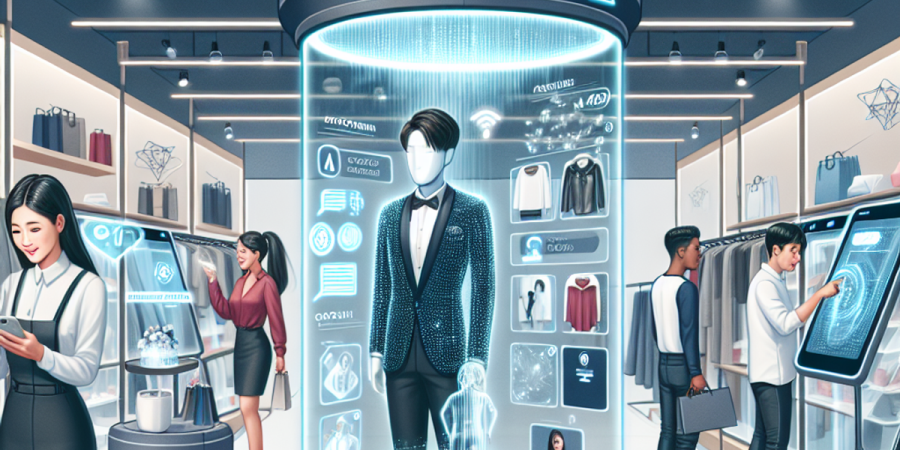

In the bustling world of retail, where consumer preferences are as diverse as the products on the shelves, providing personalized shopping experiences has become a cornerstone of success. With the advent of artificial intelligence (AI), retailers now have powerful tools at their disposal to understand and anticipate customer needs, preferences, and behaviors like never before. In this article, we explore the transformative impact of AI in retail, and how it is reshaping the shopping experience for consumers and businesses alike.
Understanding AI in Retail
Artificial intelligence in retail encompasses a wide range of technologies and applications designed to enhance every aspect of the shopping journey. From recommendation engines and virtual assistants to predictive analytics and inventory management systems, AI-powered solutions enable retailers to deliver tailored, seamless experiences that resonate with customers on a personal level.
Personalization at Scale
At the heart of AI in retail lies the promise of personalization at scale. By analyzing vast amounts of customer data—such as purchase history, browsing behavior, and demographic information—AI algorithms can create detailed customer profiles and predict individual preferences with remarkable accuracy. Armed with this insight, retailers can tailor product recommendations, marketing messages, and promotions to each customer's unique tastes and preferences, fostering deeper connections and driving loyalty.
Enhancing Customer Engagement
AI-powered chatbots and virtual assistants are revolutionizing customer service in the retail industry, providing instant, personalized assistance to shoppers around the clock. These intelligent bots can answer questions, provide product recommendations, and even process transactions, freeing up human staff to focus on more complex tasks and delivering faster, more efficient service to customers.
Optimizing Inventory Management
One of the biggest challenges retailers face is striking the right balance between supply and demand. AI algorithms leverage predictive analytics and machine learning to analyze historical sales data, market trends, and external factors—such as weather patterns and economic indicators—to forecast demand with precision. Armed with these insights, retailers can optimize inventory levels, minimize stockouts, and reduce excess inventory, ultimately improving profitability and customer satisfaction.
Driving Operational Efficiency
AI-powered solutions are also streamlining back-end operations in retail, driving efficiencies and cost savings across the supply chain. From automating warehouse operations and optimizing logistics to improving demand forecasting and pricing strategies, AI algorithms enable retailers to make smarter, data-driven decisions that enhance operational efficiency and drive bottom-line results.
The Future of Retail: Human-Centric AI
As AI continues to evolve, the future of retail will be defined by human-centric AI—solutions that augment human capabilities rather than replace them. While AI can automate routine tasks and provide valuable insights, the human touch remains essential in building trust, empathy, and emotional connections with customers. By combining the power of AI with human creativity, intuition, and empathy, retailers can create truly memorable shopping experiences that delight customers and drive long-term loyalty.
Conclusion: Embracing the AI Revolution
In an increasingly competitive retail landscape, embracing artificial intelligence is no longer optional—it's essential for survival. By harnessing the power of AI to personalize the shopping experience, retailers can differentiate themselves, drive customer engagement, and unlock new opportunities for growth and innovation. However, as retailers embark on their AI journey, it is crucial to prioritize ethics, transparency, and responsible use of data to ensure that the benefits of AI are realized in a way that respects and empowers both customers and employees alike.
